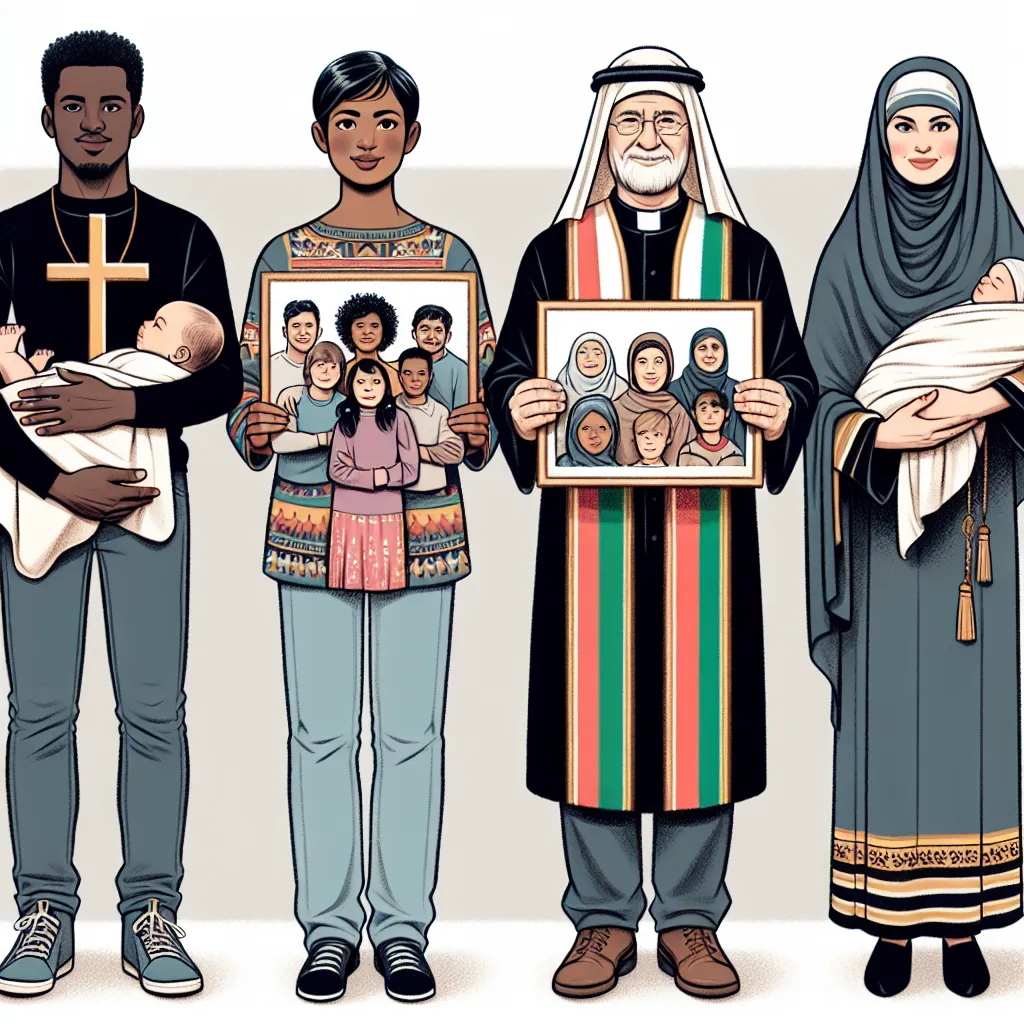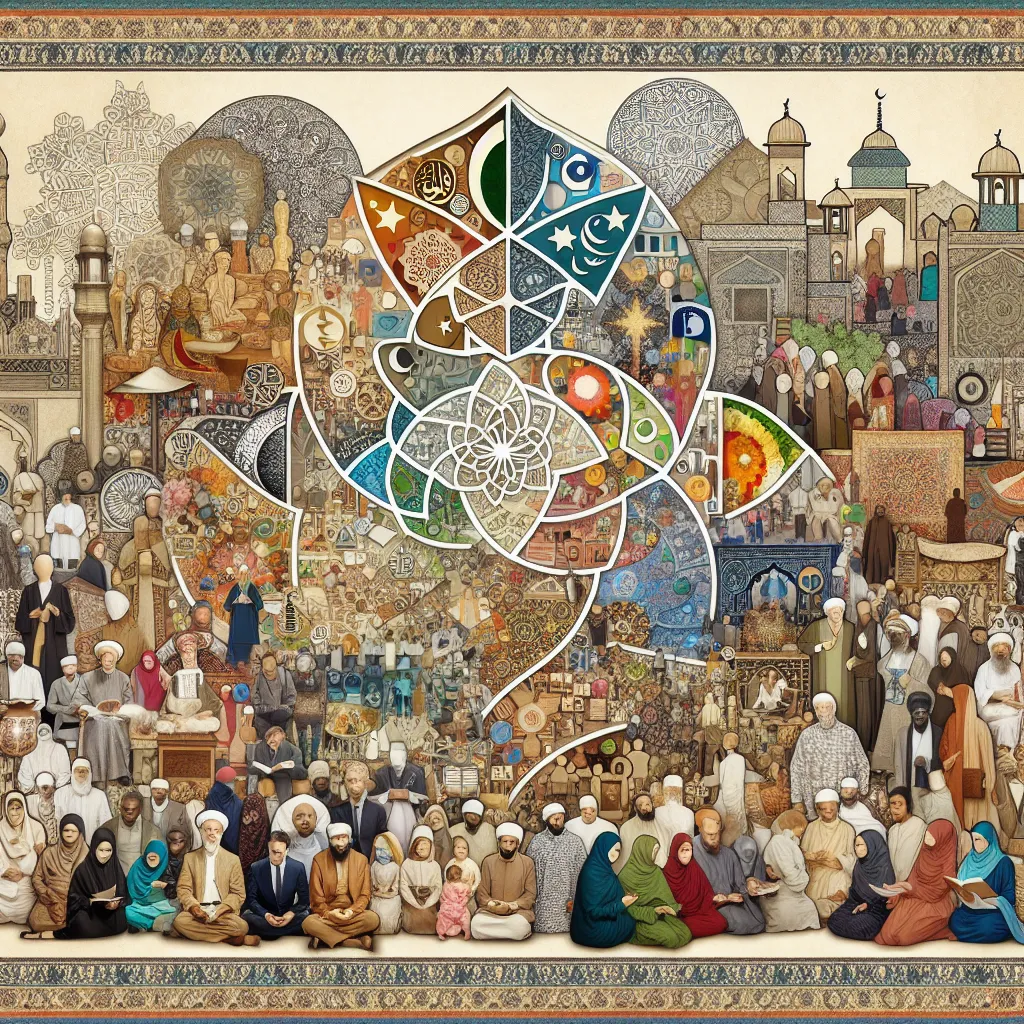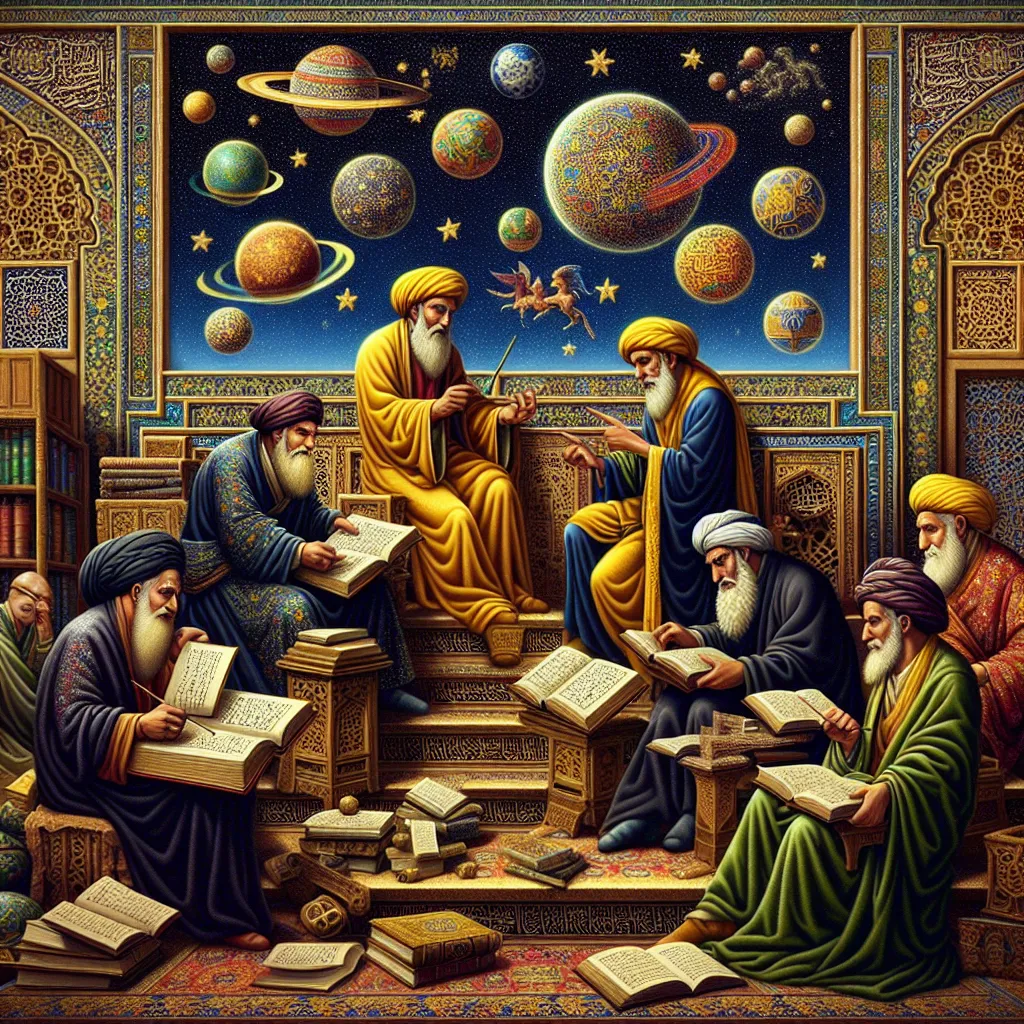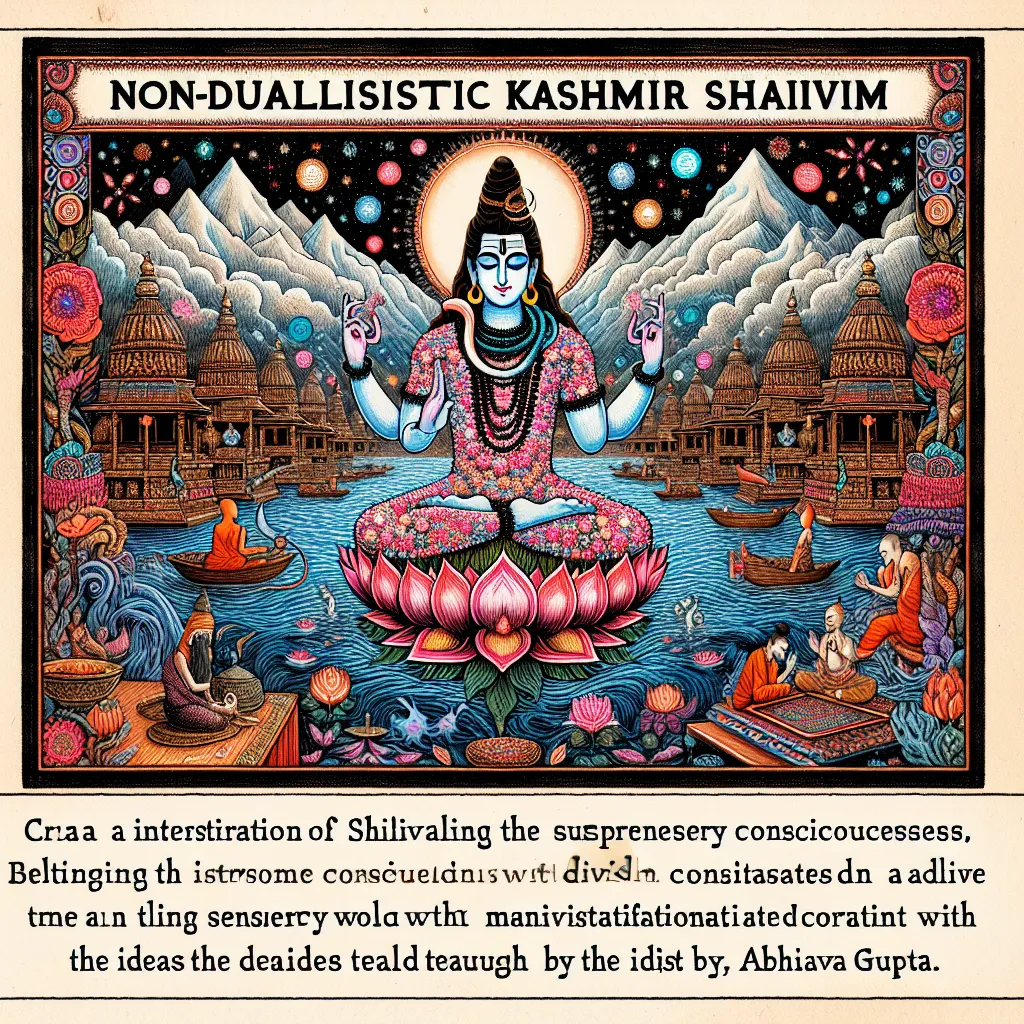Ever stopped to ponder what religion really is? While many might think the answer is straightforward, it’s actually one of the biggest questions in academic circles. People often say religion is a set of beliefs or a way of life, but these answers usually reflect their own cultural or religious background. Across the study of religion, many theories have emerged about why people believe or identify as Christian, Hindu, Muslim, and more.
Max Weber, for instance, viewed religion as a way to find meaning in an often confusing world. Following him, Clifford Geertz described religion as a tool to create order out of chaos. Meanwhile, sociologist Émile Durkheim defined it in terms of group identity and social belonging.
There’s a ton of different ideas but no definitive answers. Still, these questions persist: Why does someone say they’re a Christian or Muslim? What does belief mean to them? Research has some clues, like a 2001 UK census showing 72% identifying as Christian. This high number surprised many, raising questions about the survey’s accuracy.
Sociologist Abby Day was particularly skeptical. She thought the census methodology might be flawed, so she conducted her own investigation with different methods, leading to fascinating results. Day was cautious of the simplistic nature of census questions, deciding instead to use in-depth interviews without overtly religious vocabulary. This approach aimed to capture the complexity of belief and identity.
Day discovered many who identified as Christian didn’t necessarily hold strong theological views. Some were atheists or agnostics but still chose the label “Christian” for various reasons — from being baptized to distinguishing themselves from non-European others. This led Day to coin the term “believing in belonging,” arguing that belief often revolves around social identity.
Her research revealed that many people’s beliefs emphasized relationships and family rather than spiritual doctrines. For these individuals, being Christian was more about social and cultural identity than religious practice or faith in God. This social nature of belief creates a sense of belonging through shared cultural practices and moral values, even if these don’t involve traditional religious rituals.
Interestingly, these beliefs often come with a strong sense of ‘us versus them.’ Many informants blamed societal issues on perceived outsiders, like Muslims, reinforcing their group identity. Remarkably, terms like “morality” and “good behavior” often referred to a specific in-group, rather than universal ethics.
Day’s findings shed light on how belief and identity are intertwined, shaped by social interactions and cultural contexts. So, when people say they are Christian, it often signifies social belonging more than theological agreement.
Her research, summarized in her book “Believing in Belonging,” has become essential reading in the academic study of religion. While her work mainly focuses on Britain, it raises questions about how these dynamics play out in different cultural contexts, something future research might explore.
If you’re intrigued by these ideas, Day’s book is a great resource for diving deeper into the complexities of belief and identity in modern societies.





